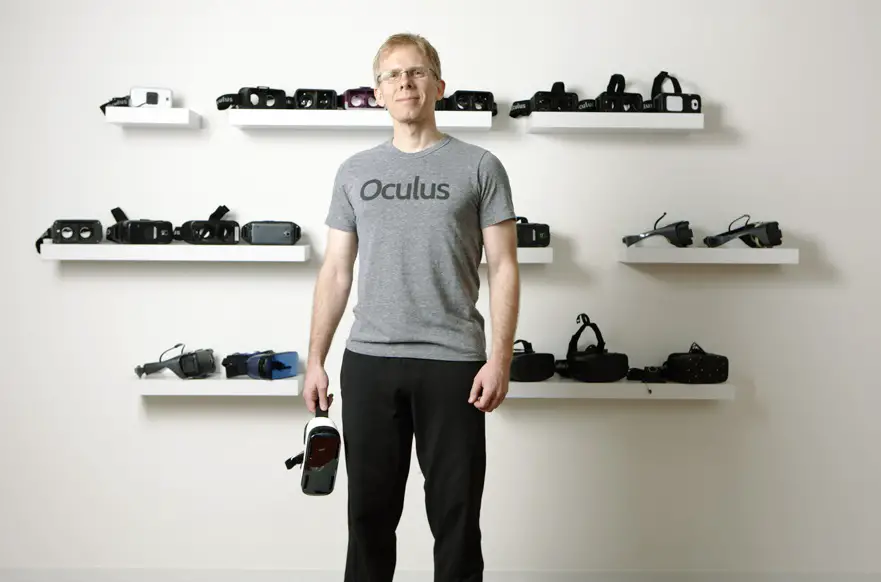John Carmack, the veteran developer of DOOM, Wolfenstein, and consulting CTO on Meta, is leaving the company after eight years. He first joined Oculus VR during its early Kickstarter program and stayed on with them during its 2014 acquisition by Facebook for $2 billion.
During his resignation, Carmack published an internal memo detailing criticism of Meta and its ongoing struggles with bringing virtual reality technology to the mainstream. He confirmed his departure on Facebook and Twitter.
Over the past decade, he has regularly appeared at every single Oculus Connect event, an annual conference discussing Meta’s latest developments in virtual reality technology. While other presenters have scheduled presentations with coordinated segments, Carmack has always been reserved for the end to discuss in freeform his general thoughts on the industry.
- Read more: Meta Quest Pro Announced
In his memo, he stated, “this is the end of my decade in VR.” He went on to show support for the Quest 2 headset, Meta’s latest consumer-focused product, for being “what he wanted to see from the beginning.” To summarize, the ability to offer inside-out tracking, optional streaming to the PC, and a high-resolution screen at an affordable price. Still, he made the argument that things could “have happened a bit faster and been going better if different decisions had been made.”
Much of his work during his tenure with the company was around solving the issues that the Quest 2 succeeded in doing, beginning with the Samsung Gear VR.
His primary issue working for Meta is in relation to the company’s lack of efficiency. He continued by stating that “we have a ridiculous amount of people and resources, but we constantly self-sabotage and squander effort…there is no way to sugarcoat this; I think our organization is operating at half the effectiveness that would make me happy.”
Even though, as an executive, he had influence at the highest levels, he failed to be “persuasive enough.” Although he did not provide any specific instances, Carmack mentioned that most of what he complained about only appeared years after evidence of the problem had piled up. He went on to say, “I have never been able to kill stupid things before they cause damage or set a direction and have a team actually stick to it.”
While he is tired of the corporate dysfunction, he believes in VR’s ability to “bring value to most of the people in the world, and no company is better positioned to do it than Meta.”
Carmack will now likely return attention to his startup company, Keen Technologies, which is working on Artificial General Intelligence (AGI).

